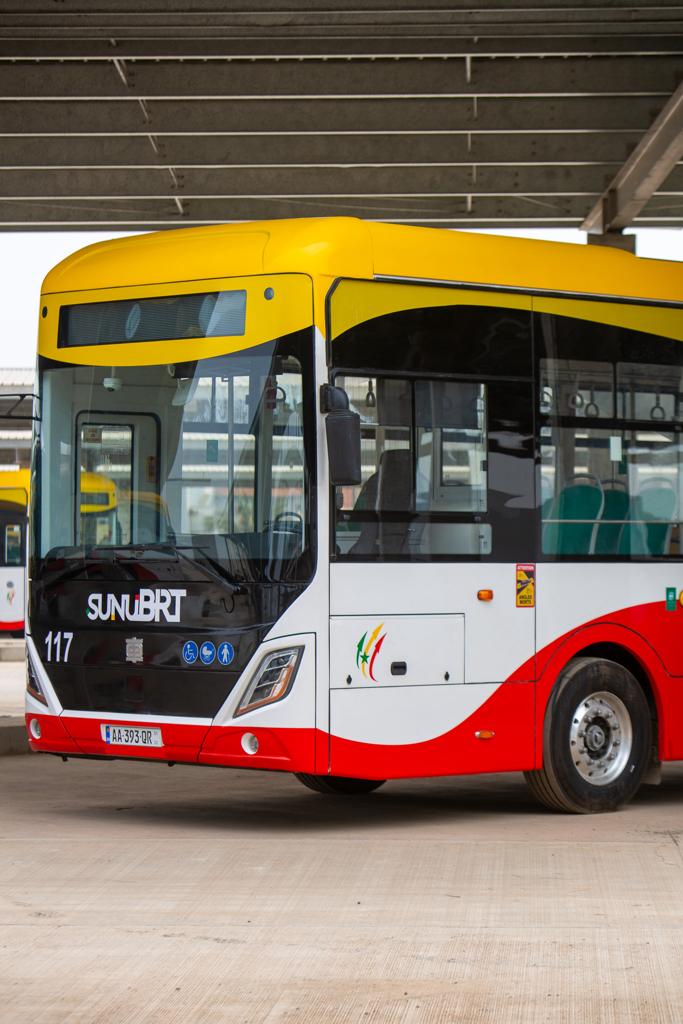The Dakar BRT System’s Pioneering Journey Towards Inclusive Electrification in Africa
The city of Dakar recently launched the anticipated 18.3km fully electric BRT system, a first in the Africa region. The e-BRT system is expected to carry 300,000 passengers a day and reduce travel journey time from 95 to 45 minutes. The system is set to operate a robust fleet of 144 articulated e-buses, spearheading a transformative shift towards zero emission urban transport, a mode shift from private vehicle uses through better quality urban transport as well as encouraging renewable energy...| Institute for Transportation and Development Policy

